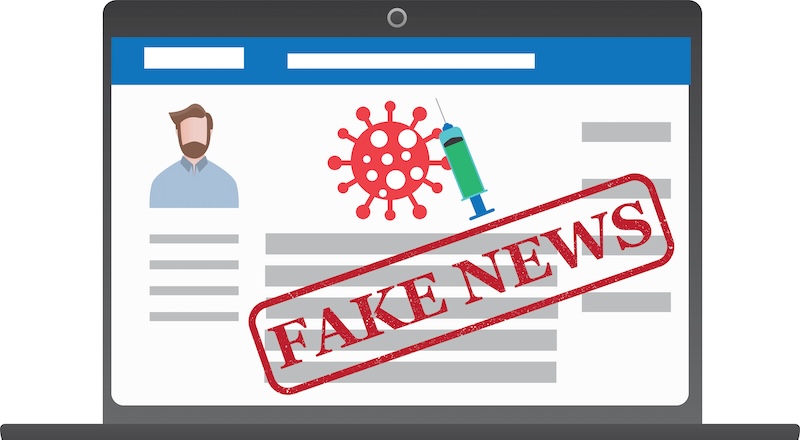
What threatens public health more, a deliberately false Facebook post about tracking microchips in the COVID-19 vaccine that is flagged as misinformation, or an unflagged, factual article about the rare case of a young, healthy person who died after receiving the vaccine?
According to Duncan J. Watts, Stevens University Professor in Computer and Information Science at Penn Engineering and Director of the Computational Social Science (CSS) Lab, along with David G. Rand, Erwin H. Schell Professor at MIT Sloan School of Management, and Jennifer Allen, 2024 MIT Sloan School of Management Ph.D. graduate and incoming CSS postdoctoral fellow, the latter is much more damaging. “The misinformation flagged by fact-checkers was 46 times less impactful than the unflagged content that nonetheless encouraged vaccine skepticism,” they conclude in a new paper in Science.
